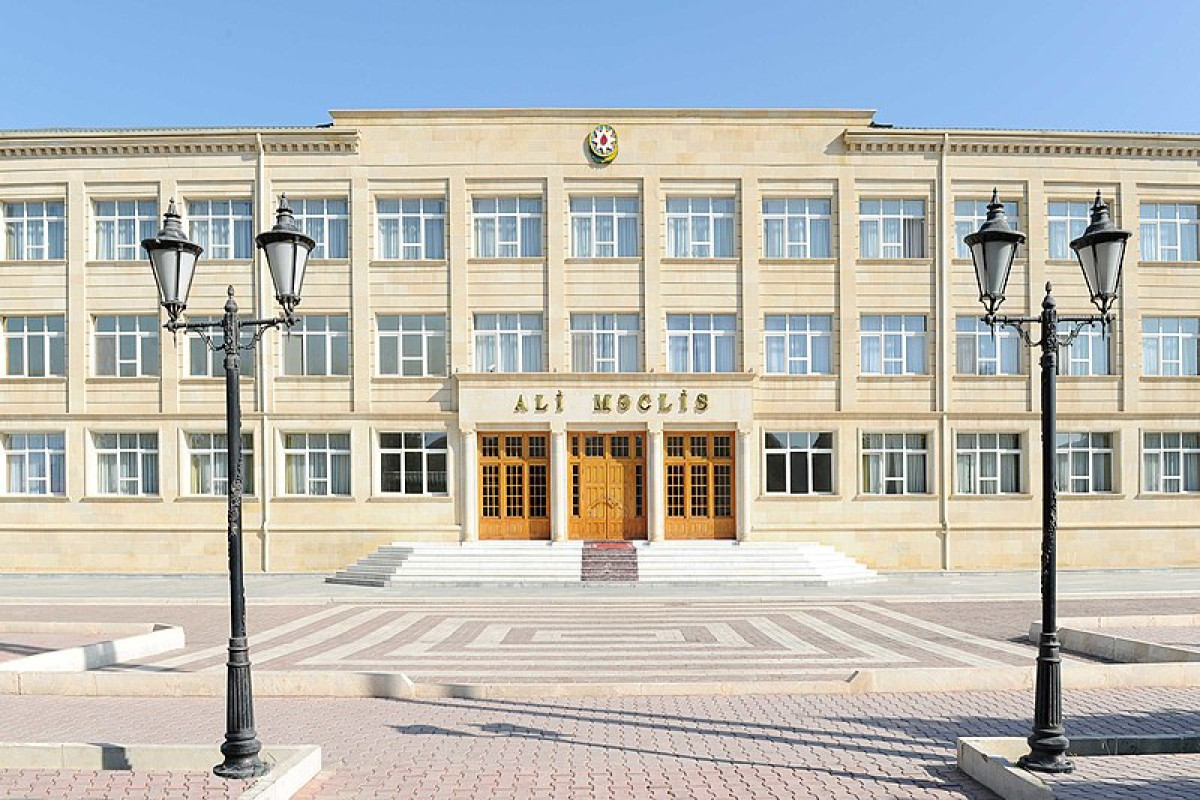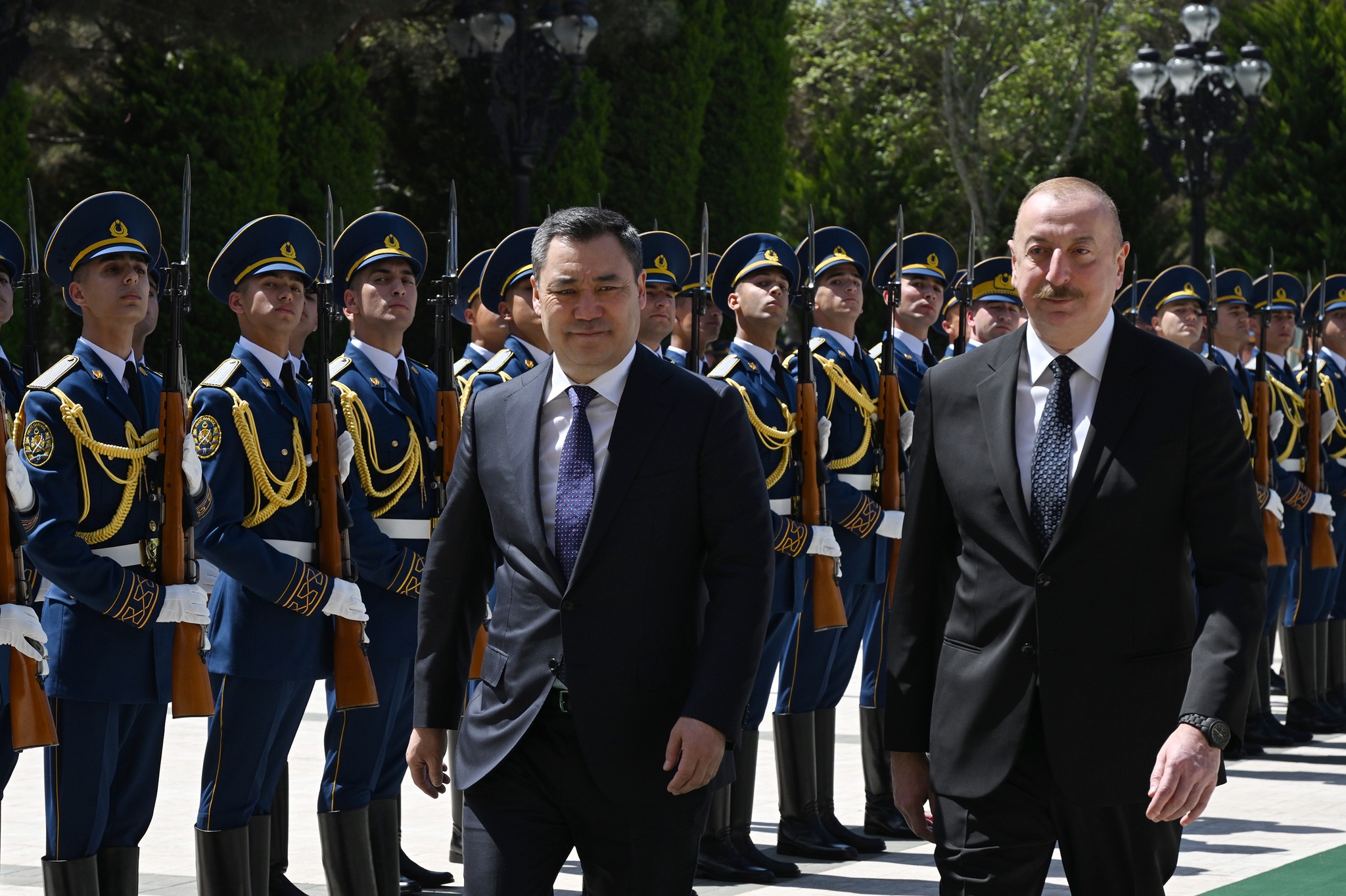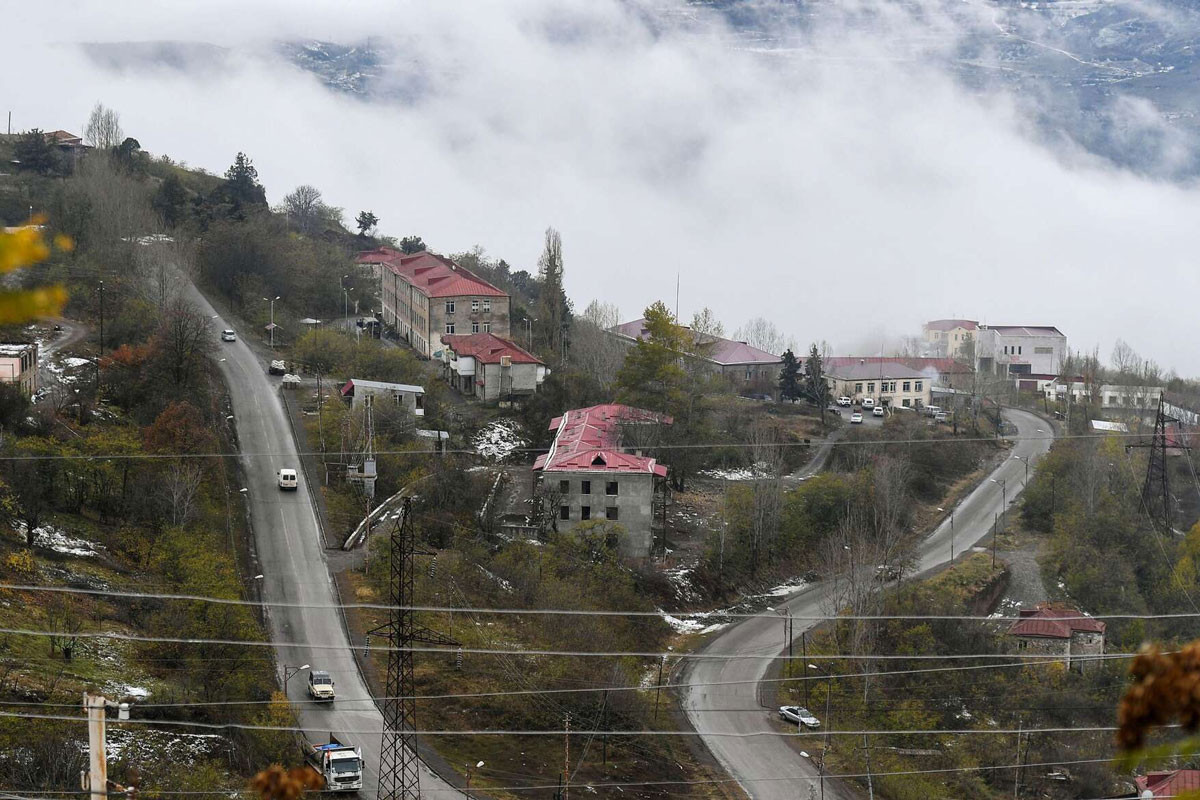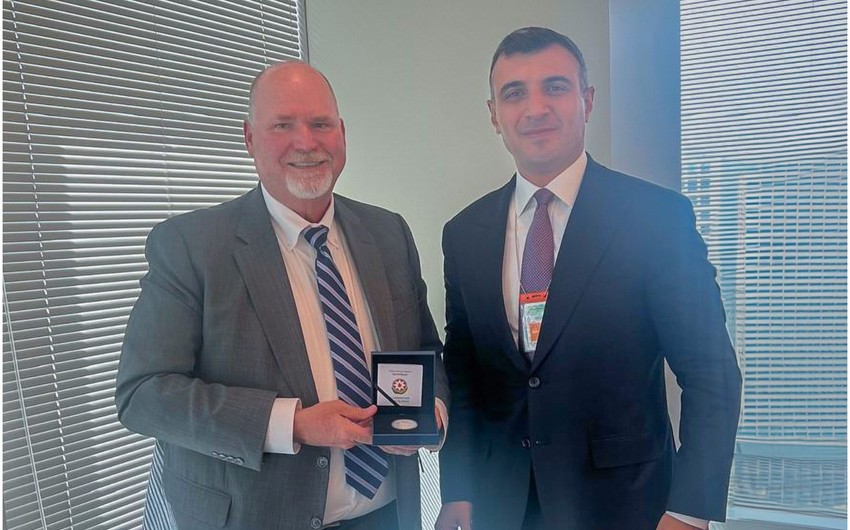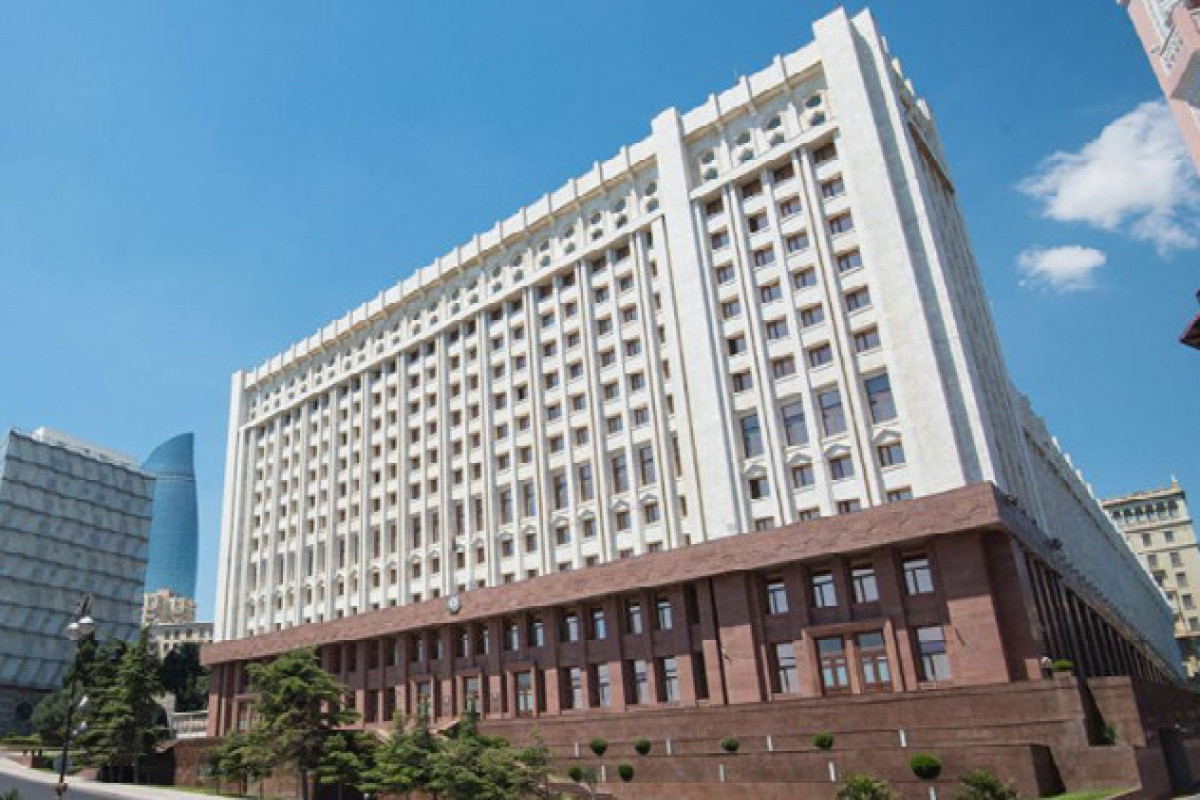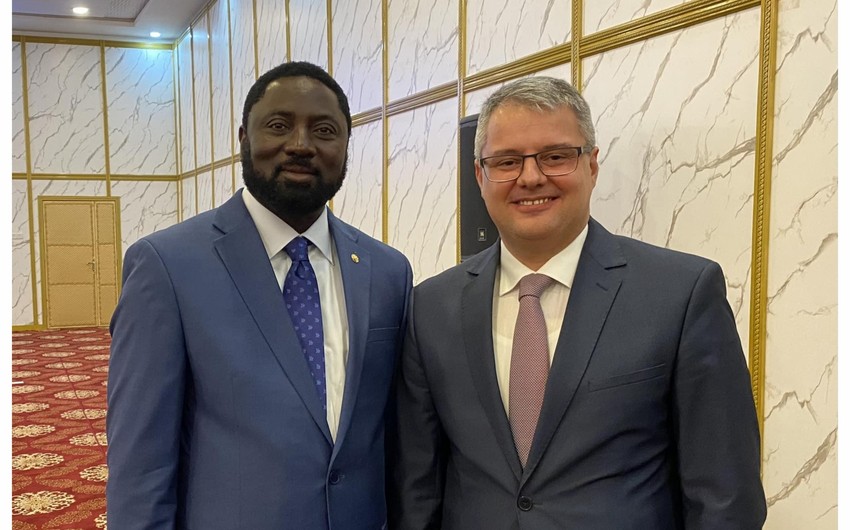Conspiracy theories have generally had a bad press. They conjure up images of eccentrics in tinfoil hats who believe that aliens have landed and the government is hushing up the news. And maybe it’s statistically true that most conspiracy theories belong on the harmless fringe of the credibility spectrum.
On the other hand, the historical record contains some conspiracy theories that have had profound effects. Take the “stab in the back” myth, widely believed in Germany after 1918, which held that the German army did not lose the First World War on the battlefield but was betrayed by civilians on the home front. When the Nazis came to power in 1933 the theory was incorporated in their revisionist narrative of the 1920s: the Weimar Republic was the creation of the “November criminals” who stabbed the nation in the back to seize power while betraying it. So a conspiracy theory became the inspiration for the political changes that led to a second global conflict.
More recent examples relate to the alleged dangers of the MMR jab and other vaccinations and the various conspiracy theories fuelling denial of climate change.
For the last five years, my academic colleagues – historian Richard Evans and politics professor David Runciman – and I have been leading a team of researchers studying the history, nature and significance of conspiracy theories with a particular emphasis on their implications for democracy. The research (funded by a grant from the Leverhulme Trust) enabled us to take the long view of a phenomenon that has always been a feature of human societies and yet has generally been treated with condescending disdain by scholars and mainstream media alike.
When we embarked on the study, the general thrust of scholarly research on conspiracism was towards explanation. How is it that human beings come to believe weird propositions? Is it a question of psychology? Or culture? Or social conditioning? From the outset, and to the bafflement of some of our peers, we decided to leave explaining the “why” to others and to focus instead on three areas: what a 19th-century philosopher might call the “natural history” of a widespread human and social phenomenon, the role of conspiracy theories in democracies and on the impact of the internet (which was my strand of the inquiry).
Since much of the literature on conspiracism has tended to focus on the United States, possibly because of the influence of a famous article by Richard Hofstadter, The Paranoid Style in American Politics, published in 1994, we needed to widen the inquiry to a less-studied area – Europe. We then worked with the polling organisation YouGov to conduct a number of surveys of the pervasiveness and nature of conspiracist beliefs in European countries.
The findings of our final poll, released last Friday, make interesting or disturbing (depending on your point of view) reading for anyone who believes that our continent is immune to strange beliefs and convictions. It makes striking comparisons between European and American conspiracist beliefs and between what Brexit and Trump voters believe.
Sixty per cent of British people, for example, believe at least one conspiracy theory about how the country is run or the veracity of information citizens have been given. Britons who supported Brexit were considerably more likely to give credence to conspiracy theories than those who opposed it. Most worrying of all, though, is that 31% of Leave voters believed that Muslim immigration is part of a wider plot to make Muslims the majority in Britain, a conspiracy theory that originated in French far-right circles and is known as the “great replacement”. The comparable figure for Remain voters was 6%.
How has the internet affected all this? Our research showed that conspiracy theorists were early adopters, in that they perceived the unique usefulness of the early (pre-social media) web for people who believed propositions that would never get past the editorial gatekeepers of mainstream media. So part of the blogosphere was occupied by conspiracy theorists and what one might call conspiracist entrepreneurs: examples include those espousing the “new world order” conspiracy theory, David Icke with his “lizard” theory and Alex Jones with his InfoWars site. These and other sites became key nodes in an infrastructure of conspiracist and far-right discussion that lay beneath the radar of polite society and mainstream media.
This is probably why many people who thought about these things initially dismissed online conspiracism as a politically irrelevant phenomenon. As one cynic put it to me, at least it keeps fanatics in their pyjamas and off the streets. And in one sense that was true: the conventional wisdom was that conspiracy theories – off- or online – had little democratic significance. Two developments changed that. The first was the arrival of global social media platforms such as Facebook whose automated advertising engines could be weaponised by political agents and entrepreneurial conspiracists. The second was the arrival of Donald Trump and the rise of populism across the western world.





